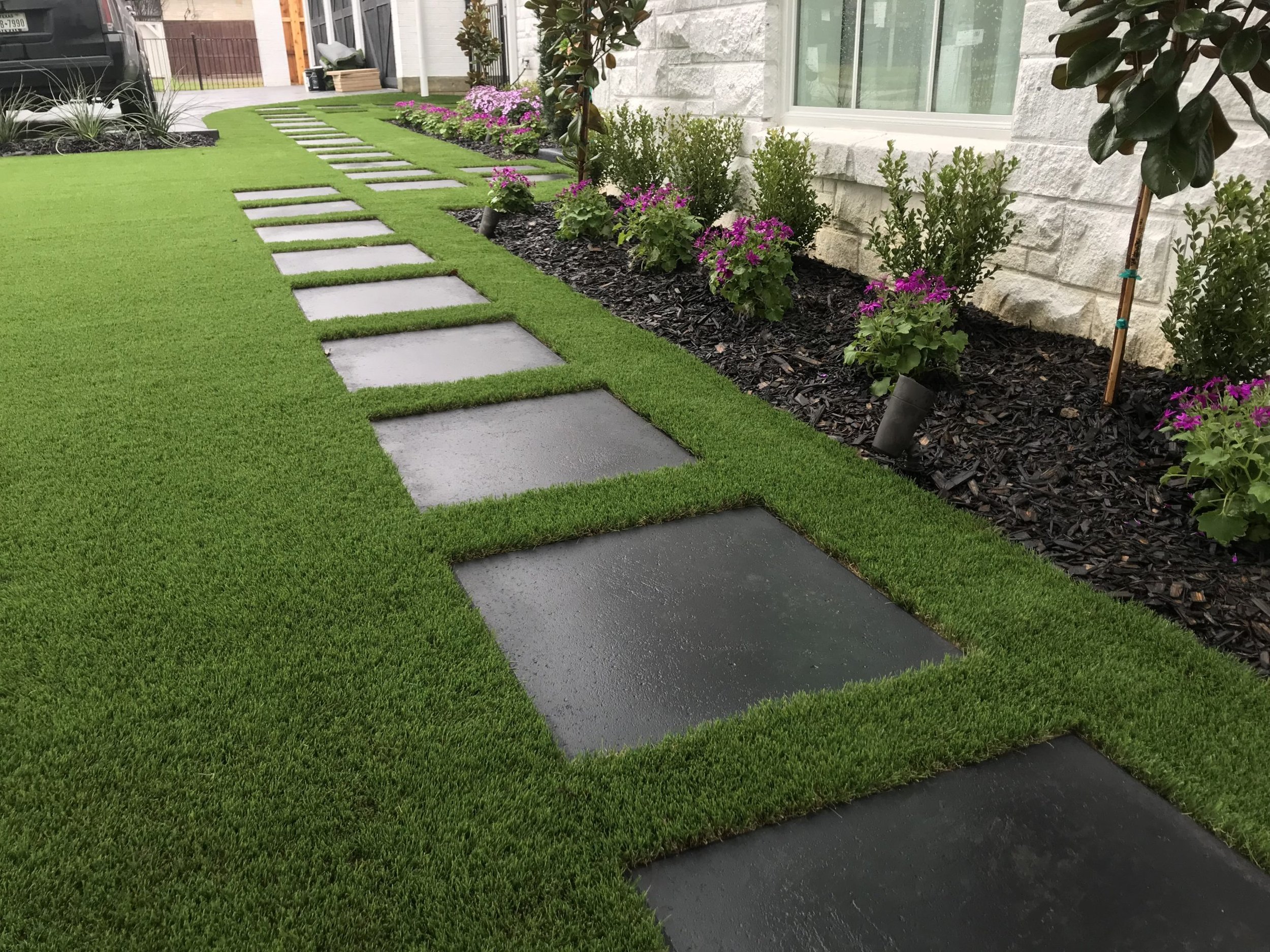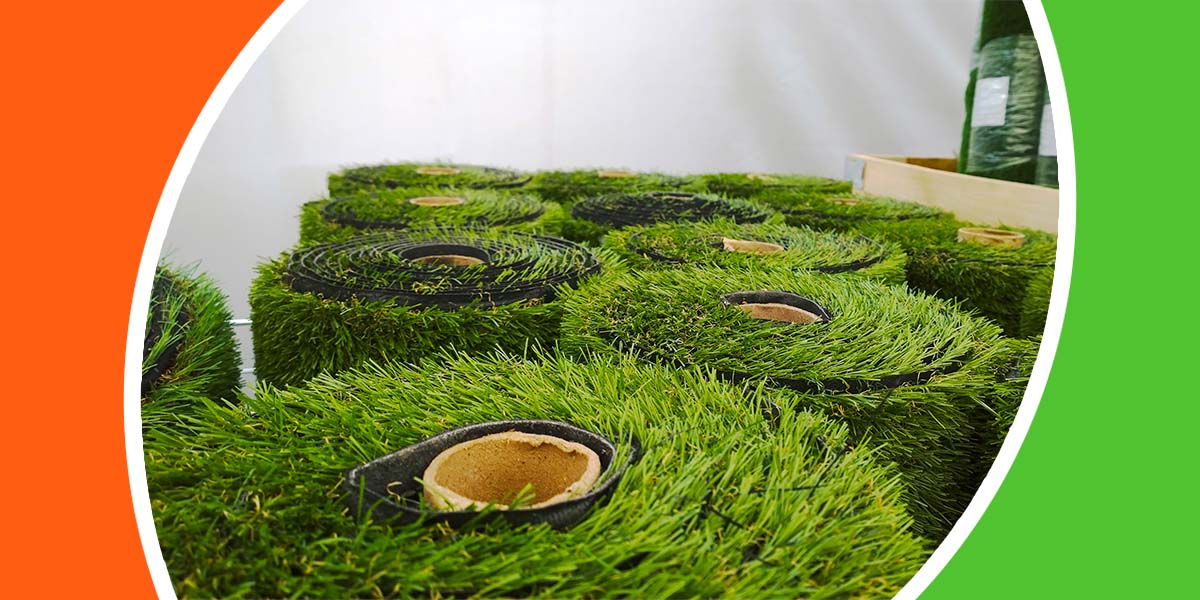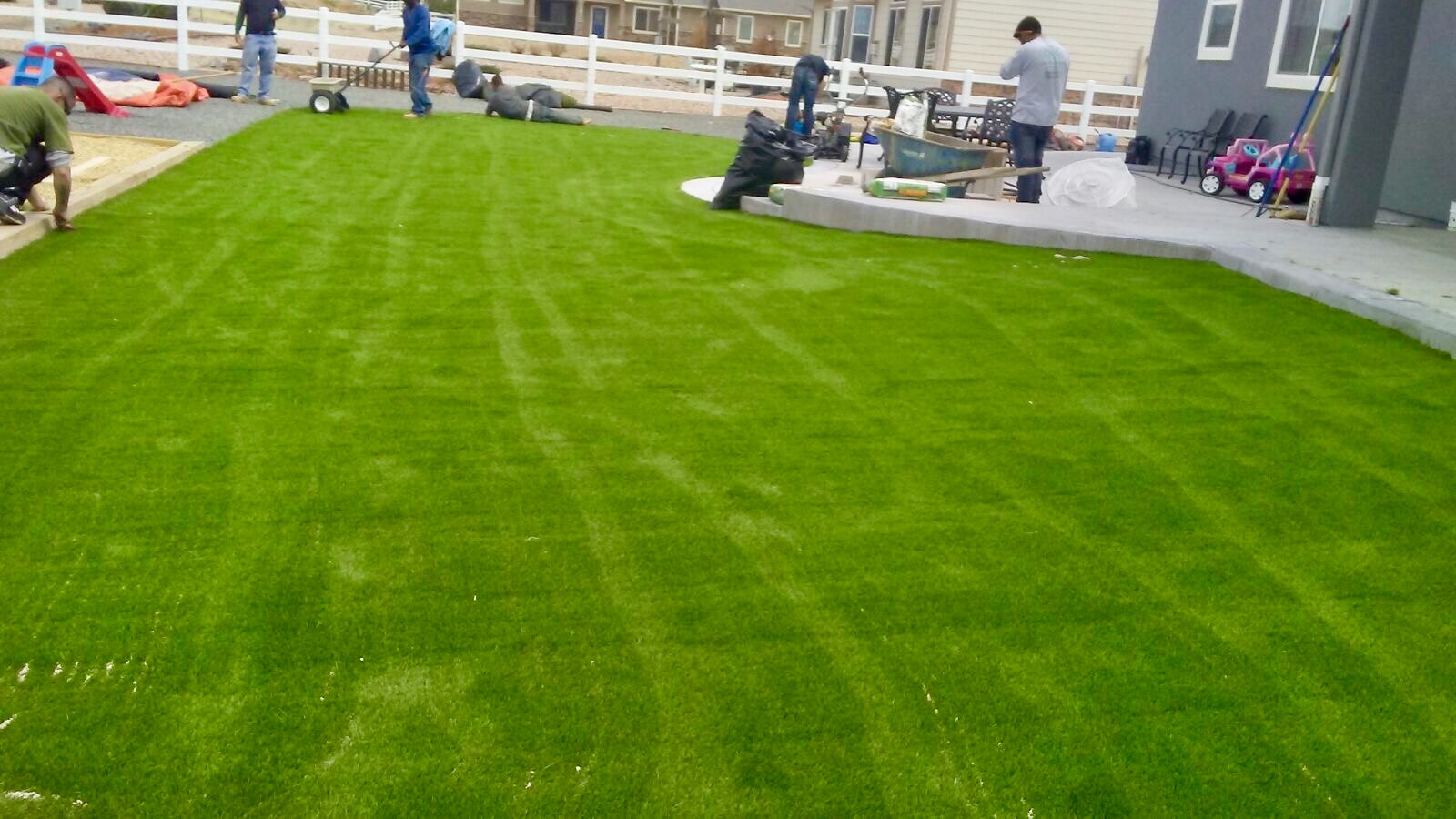Top-Rated Phoenix Turf Companies Providing Synthetic Grass Options
Wiki Article
Look Into the Environmental Perks of Opting for Artificial Turf Solutions
The adoption of fabricated lawn services presents an engaging opportunity to attend to pushing environmental difficulties. By dramatically lowering water usage and minimizing the application of unsafe chemicals, these choices not just promote sustainable landscaping however also shield local environments.Water Conservation Advantages
Among the most substantial benefits of fabricated turf is its capability to preserve water. Traditional lawn yards require significant watering, especially in locations vulnerable to drought or water limitations. In contrast, synthetic grass does not need watering, substantially minimizing the general need for water sources. This feature is specifically beneficial in arid regions where water shortage is a pressing worry.By eliminating the demand for normal watering, man-made turf adds to sustainable landscape practices and helps minimize the environmental impact of excessive water usage. Furthermore, the conservation of water includes the decrease of runoff, which can cause dirt erosion and waterway air pollution.
Furthermore, the setup of synthetic grass allows towns and homeowners to assign water sources more successfully, concentrating on important uses such as drinking water and farming. The change towards artificial turf not just advertises accountable water usage but additionally lines up with wider ecological objectives focused on preserving natural deposits.
As neighborhoods progressively prioritize sustainability, the water conservation advantages of synthetic grass offer a compelling case for its adoption in commercial and household landscaping projects.
Decreased Chemical Usage
The change to synthetic grass dramatically reduces the reliance on chemical therapies commonly utilized in all-natural turf maintenance. Conventional lawn monitoring usually involves the application of plant foods, chemicals, and herbicides to promote development and control pests. These chemicals can position risks to human health, regional wildlife, and the atmosphere, adding to soil and water contamination.In comparison, man-made lawn gets rid of the requirement for these unsafe materials. By minimizing the release of artificial compounds right into the ecological community, synthetic grass advertises much healthier dirt and water systems.
Moreover, the absence of chemical overflow related to artificial grass setups aids shield regional rivers from pollution, supporting aquatic life and preserving biodiversity. Arizona turf. As communities significantly focus on sustainable techniques, going with synthetic grass offers a practical remedy that straightens with environmental preservation goals. With this shift, residential or commercial property owners can delight in lavish eco-friendly rooms without compromising environmental wellness, leading the method for an extra lasting future
Lower Carbon Impact

Furthermore, the installment of synthetic grass can lead to significant water preservation. Natural grass require substantial quantities of water for watering, which not just includes in the carbon footprint related to water removal and treatment but additionally strains regional water resources. In comparison, synthetic grass needs marginal upkeep, requiring no watering, thereby dramatically minimizing water use and its connected energy expenses.
Additionally, the durability of visit their website synthetic grass adds to its reduced carbon influence. With a life expectancy of as much as 15 years or more, the requirement for constant substitutes is lessened, resulting in less waste and reduced power usage in production and throwing away typical grass alternatives. Overall, synthetic grass offers a sustainable alternative for ecologically conscious landscaping.
Environment Conservation
Environment preservation is a critical factor to consider in the debate over landscaping choices, particularly when comparing artificial turf to all-natural grass. Natural turf yards often call for considerable upkeep, including the usage of herbicides, chemicals, and fertilizers, which can detrimentally impact regional environments. These chemicals can seep into the dirt and waterways, damaging indigenous flora and fauna and interrupting neighborhood habitats.
Artificial grass removes the demand for unsafe chemicals, therefore securing close-by wildlife and preserving the stability of bordering ecosystems. The setup of artificial grass can lead to the conversion of previous lawn locations right into more biodiverse landscapes, such as pollinator yards or native plant areas, which can sustain local wildlife.
Inevitably, the change to fabricated turf not just saves water and decreases maintenance efforts yet additionally promotes a much more harmonious relationship between human tasks and the native environment, advertising habitat conservation in the procedure.
Long-Term Sustainability
Long-lasting sustainability is a crucial factor in assessing the advantages of synthetic grass over traditional yard lawns. One of the most considerable advantages of fabricated turf is its click to read sturdiness; it can last up to 15-20 years with very little upkeep, whereas natural lawn calls for frequent reseeding and substitute. This durability minimizes the need for continuous sources, such as water, fertilizers, and chemicals, which are crucial for keeping a healthy and balanced yard lawn.Additionally, synthetic grass adds to a reduction in carbon exhausts linked with yard treatment tools. Conventional lawns often call for gas-powered lawn mowers, leaners, and blowers, all of which contribute to air contamination. Phoenix turf companies. On the other hand, synthetic grass removes the demand for such equipment, promoting a cleaner setting
Additionally, the manufacturing of synthetic grass progressively utilizes recycled products, enhancing its sustainability account. As makers embrace environment-friendly techniques, the ecological footprint of synthetic grass continues to diminish.

Final Thought
The fostering of artificial lawn solutions provides substantial ecological advantages, consisting of considerable water preservation, lowered dependence on dangerous chemicals, and a lower carbon impact. Furthermore, synthetic grass help in preserving all-natural habitats by minimizing land disruption and advertising long-term sustainability with the usage of sturdy products. Jointly, these variables emphasize the capacity of synthetic grass to contribute click here to find out more favorably to environmental health and wellness and offer a viable alternative to standard landscaping techniques in a significantly resource-conscious globe.In contrast, man-made grass does not require watering, dramatically reducing the general need for water sources. By reducing the release of artificial substances right into the community, man-made lawn promotes much healthier dirt and water systems.
In addition, the installation of man-made grass can result in substantial water preservation. In contrast, fabricated grass needs minimal maintenance, calling for no watering, thus considerably minimizing water use and its connected energy costs.

Report this wiki page